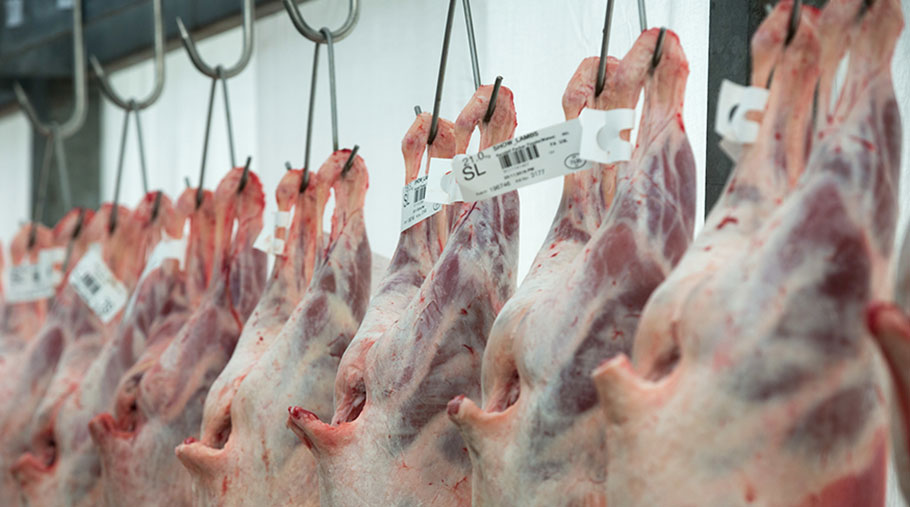Defra postpones on-farm vet checks for exports
 © Tim Scrivener
© Tim Scrivener Defra has delayed a post-Brexit requirement for regular on-farm vet visits to certify livestock units are export compliant.
The rules were due to be imposed on 13 December 2022 but were pushed back for a further year, following lobbying by industry bodies.
Farming groups were concerned that the new rules could lead to damage to UK export markets.
See also: Brexit rule change threatens British meat exports to EU
It would bring unnecessary regulations, and put thousands of farms at risk of not being able to export unless a veterinary attestation is provided.
The physical checks were being introduced unilaterally by the UK government and were seen as unnecessary red tape by livestock sector leaders.
Farmer declarations will now continue to be allowed on EU Export Health Certificates (EHCs) until 13 December 2023.
The additional time should allow industry to work with Defra to create a better system with less paperwork.
Farm businesses that are part of accredited assurance schemes are due to be exempt, including Red Tractor Assurance, Quality Meat Scotland and Farm Assured Welsh Livestock Beef and Lamb.
A letter written to ministers, signed by 14 industry bodies, stated that there are about 72,500 sheep holdings and 54,500 cattle holdings in Great Britain.
While Red Tractor’s assurance scheme consists of about 27,500 assured beef and 20,000 lamb holdings. Beef and lamb assurance schemes in Wales and Scotland account for about 7,000 and 9,000 holdings, respectively.
Industry reaction
The British Meat Processors Association (BMPA) welcomed the delay, given the current shortage of vets, and said moving the start date was essential to give all farmers affected enough time to arrange these visits.
The BMPA suggested a system needed to define how the new vet attestations will be passed through the supply chain from farm to market to processor.
The association suggested that to avoid having an unwieldy paper-based system, a new digital solution must be designed, developed, and tested before December next year.
Nick Allen, chief executive of the BMPA, said it would have created an enormous paper trail that the industry wouldn’t be able to cope with.
“A lot of animals not suitable for export would get devalued,” he said.
NFU livestock board chairman Richard Findlay said the additional level of red tape would have only served to add an unnecessary burden to an already stretched veterinary sector.
It would also pile on further costs to farmers who are already struggling with soaring fertiliser, feed, and fuel prices, he added.
